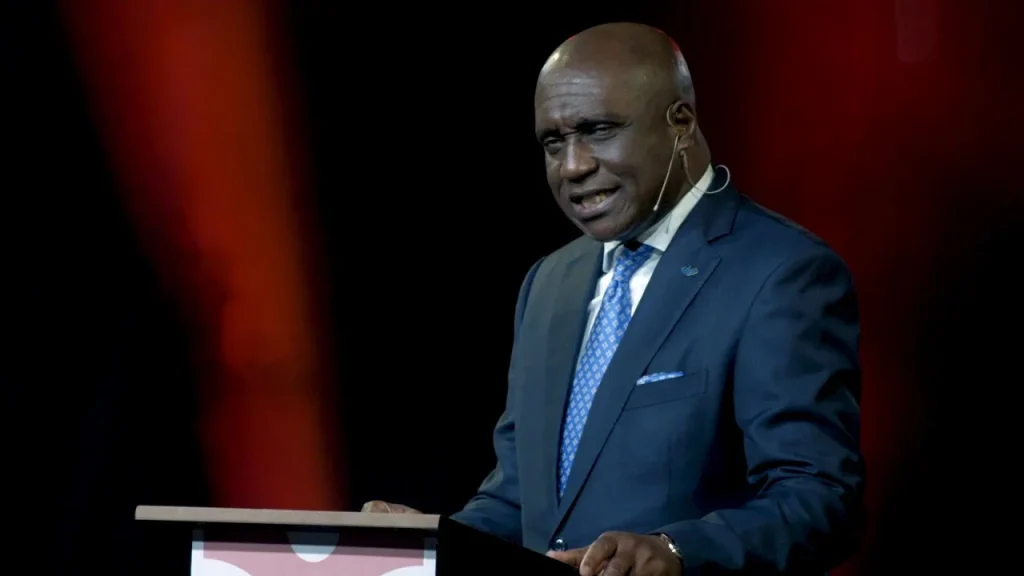The Tanzanian government recently launched a comprehensive Community Health Workers (CHWs) program, drawing widespread attention. Vice-President Dr. Philip Mpango disclosed the recruitment of 137,294 CHWs across all 26 regions of Mainland Tanzania during the program’s unveiling.
Dr. Mpango emphasized the program’s goal to expedite access to superior healthcare, especially at primary healthcare facilities. The rollout of the program is scheduled over a five-year period, with 28,000 workers set to be employed in the first year (2023/2024), followed by an average of 27,324 persons annually for the subsequent four years (2024/2025 to 2027/2028). The selection process prioritizes local candidates from hamlets and urban areas, with an emphasis on gender equity and equal representation across regions.
Moreover, Dr. Mpango directed pertinent authorities to ensure the program’s effective management and coordinated activities. He stressed the importance of professionalism, dedication, and community engagement among CHWs. Notably, the program is designed to address health challenges like cholera and malaria stemming from environmental pollution, with an emphasis on nutrition and environmental sanitation.
The Vice-President further urged international communities, development stakeholders, and interested parties to support the government’s efforts in implementing the program. A total budget of 899.473bn/- has been allocated for the initiative, with Minister for Health Ms. Ummy Mwalimu emphasizing its objective to reduce patient numbers in medical facilities, promote preventative care, and enhance healthcare efficiency, aligning with the vision of Universal Health Care.
Ms. Mwalimu highlighted the program’s potential to address the scarcity of health facilities, especially in rural areas. CHWs have already proven instrumental in detecting various ailments within the community, including dysentery, Marburg disease, and tuberculosis. These dedicated healthcare providers, despite having lower formal education and training levels than professional healthcare workers, have demonstrated the ability to extend healthcare services to vulnerable populations in culturally appropriate ways, thus improving accessibility, addressing health disparities, and enhancing healthcare system performance.



